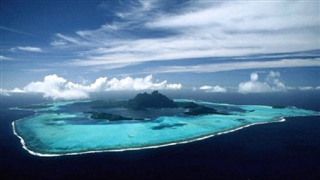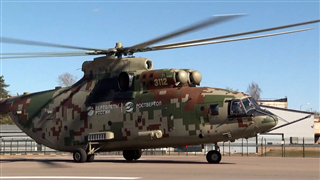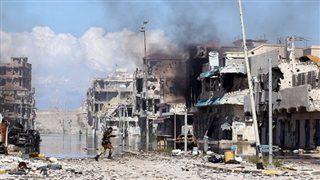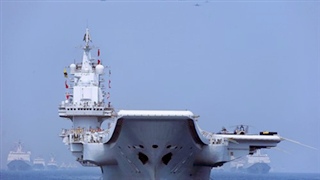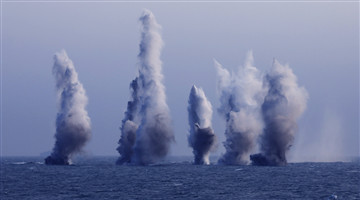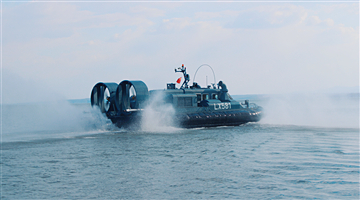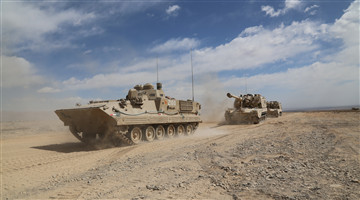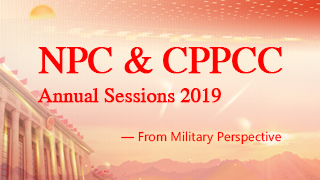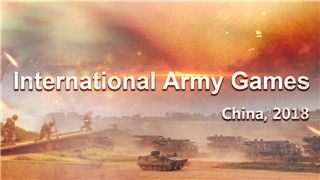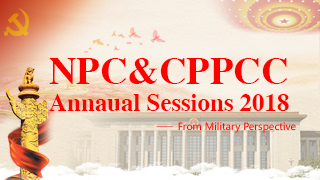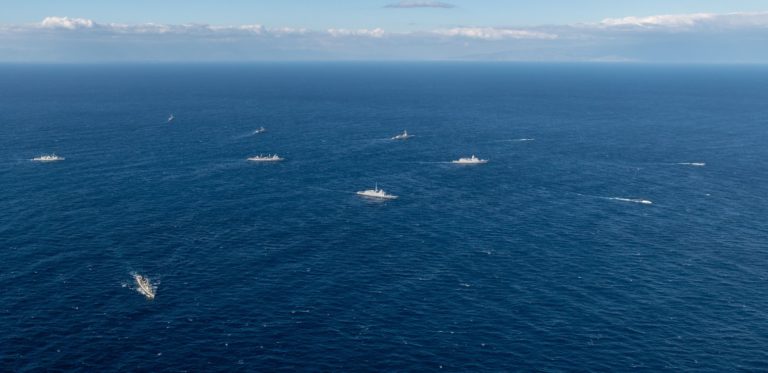
NATO warships sail in formation while performing Dynamic Manta’s Photo exercise. Image: FRAN WO Christian Valverde/NATO
By Liang Bo
April 4 marks the 70th anniversary of the North Atlantic Treaty Organization (NATO). To celebrate this milestone, NATO would normally bring alliance leaders together to attend weeklong elaborate ceremonies. But this time, instead, NATO opted for a low-level meeting of foreign ministers from NATO’s 29 member countries in Washington, DC for just two days.
According to the New York Times, the main reason for the change is that U.S. President Donald Trump has repeatedly and publicly challenged NATO military alliance in recent days. There are also questioning voices among NATO member countries. German law maker Alexander Neu lambasted NATO for grabbing defense expenditures of its member states, carrying out aggressive wars, violating international norms and endangering international security. Neu suggested Germany withdrawing from NATO, and NATO being dissolved. Former U.S. Congressman Ron Paul made similar comments on April 6. According to an article published by The Economist, the member states are dissatisfied with NATO’s security strategy due to their different views on the potential threats.
Why has NATO been increasingly questioned at the age of 70?
Firstly, NATO cannot take care of all the different security appeals for all the members. At the Foreign Ministers’ Meeting marking the 70th anniversary of NATO, the foreign ministers of 29 member states agreed in the joint statement that Russia is regarded as the “major security threat”for the organization, but the actual awareness of security threats among its member countries is very different.
For example, the Baltic countries are wary of Russia. Greece considers Turkey (also a member of NATO) to be its major threat. Italy is worried about immigrants crossing the Mediterranean, while France focuses on its former African colonies... NATO has limited resources and energy to meet the security needs of all members.
Secondly, the EU has continuously raised the level of defense integration, which has an impact on NATO. In recent years, the EU has made efforts to gradually improve the joint common defense level and the joint military capabilities of member states, and enhance the level of EU defense integration. French President Emmanuel Macronhad previously proposed to establish a “European Army” and was supported by German Chancellor Angela Merkel. France and Germany can dominate the development of the EU and their unanimous views on the “European Army” will inevitably create gaps on certain strategic issues between the EU and the U.S.-led NATO. As an important military organization in Europe, NATO will have to bear some of the consequences.
Finally, the conflicts in the apportionment of defense spending have led to increased disagreements among NATO’s member countries. The U.S. President Donald Trump repeatedly challenged to withdraw from NATO last year because he believed that it was too much for the U.S. to share NATO defense spending at 72 percent. In fact, the different views on security threats have made it increasingly difficult to adjust the level of defense spending among the member countries. NATO asked its member states to increase the defense spending to 2 percent of their respective GDP. However, only a few countries have done so. Germany rejected this proposition by saying “national security is not confined to national defense. Europe also faces regional governance challenges.”
In recent years, NATO has not only imposed security pressure on Russia and undermined the stability in Europe, but also reached its hands to other regions and created adverse effects to the global stability. At the 70th anniversary of NATO’s establishment, its allies, who have been entangled in problems, should well think about how best to contribute to global stability within the NATO framework as well as where the organization will go in the future.
(The author is from the Information Engineering University of the PLA Strategic Support Force.)

